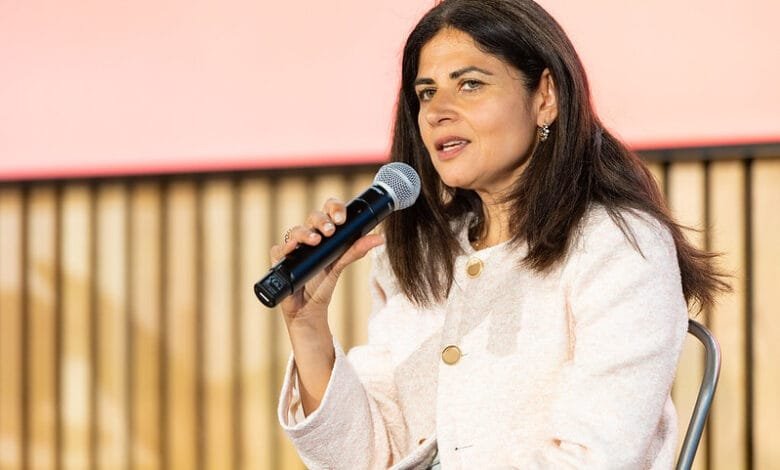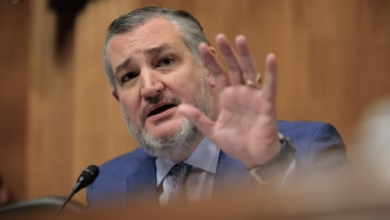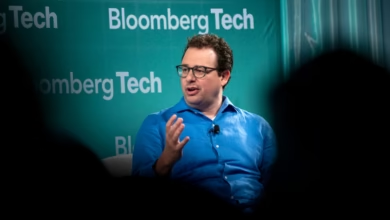Europe’s AI Future: Build, Don’t Bind, Says Accel’s Sonali De Rycker

▼ Summary
– Sonali De Rycker is optimistic about Europe’s AI potential, citing strong talent, capital, and ambition, but warns regulatory overreach could hinder growth.
– Europe’s AI Act, with its broad rules and high fines, risks stifling innovation by discouraging early-stage experimentation in startups.
– De Rycker emphasizes the need for Europe to become more self-sufficient and unified, pointing to initiatives like the “28th regime” to streamline regulations.
– European cities like Zurich and London are developing strong tech ecosystems, but AI adoption lags behind the U.S., where customers are more willing to experiment.
– Accel focuses on AI applications (e.g., Synthesia, Speak) rather than foundational models, seeing them as transformative opportunities akin to early mobile innovations.
Europe stands at a crossroads in the global AI race, armed with talent, ambition, and capital—but regulatory hurdles threaten to slow its momentum. That’s the view of Sonali De Rycker, a prominent venture capitalist at Accel, who recently shared her insights at a TechCrunch event in London. While she believes the continent has all the ingredients for success, she warns that overregulation could stifle innovation just as European startups need room to grow.
De Rycker pointed to Europe’s fragmented regulatory landscape as a key challenge. The EU’s Artificial Intelligence Act, though well-intentioned, risks casting too wide a net with its strict rules for high-risk applications. While ethical AI and consumer protections matter, she argues that excessive fines and compliance burdens could discourage early-stage experimentation—precisely when agility matters most.
Geopolitical shifts add urgency to the conversation. With U.S. support for Europe waning, De Rycker stressed the need for the continent to become more self-reliant. She highlighted initiatives like the “28th regime”, a proposal to streamline business regulations across EU nations, as critical for fostering a unified, startup-friendly environment. “If we were truly one region,” she said, “the power you could unleash would be incredible.”
Despite these challenges, Europe is making strides. Cities like Zurich, Munich, Paris, and London are emerging as innovation hubs, fueled by top-tier universities and a growing pool of experienced founders. Accel’s portfolio—spanning over 70 cities across Europe and Israel—reflects this progress. Yet De Rycker noted a stark difference in adoption rates compared to the U.S., where businesses are quicker to embrace experimental AI solutions.
Accel’s investment strategy leans into applying AI rather than building foundational models. Companies like Synthesia, which creates AI-generated training videos, and Speak, a language-learning app now valued at $1 billion, exemplify the firm’s focus on practical, scalable solutions. “We’re expanding total addressable markets at a rate we’ve never seen,” De Rycker observed, comparing the current AI boom to the early days of mobile technology.
The stakes couldn’t be higher. De Rycker sees this as a “supercycle”—a rare moment of transformative potential. If Europe overregulates, it risks falling behind in AI and broader tech innovation. But if it strikes the right balance, the continent has the talent and vision to compete globally.
When asked how European founders can rival their U.S. counterparts, De Rycker was unequivocal: “They already are.” Pointing to success stories like Spotify and Supercell, she emphasized that Europe’s entrepreneurs are just as capable—they just need the right environment to thrive.
The full discussion with Sonali De Rycker offers deeper insights into Europe’s AI future and the delicate balance between innovation and regulation.
(Source: TechCrunch)


